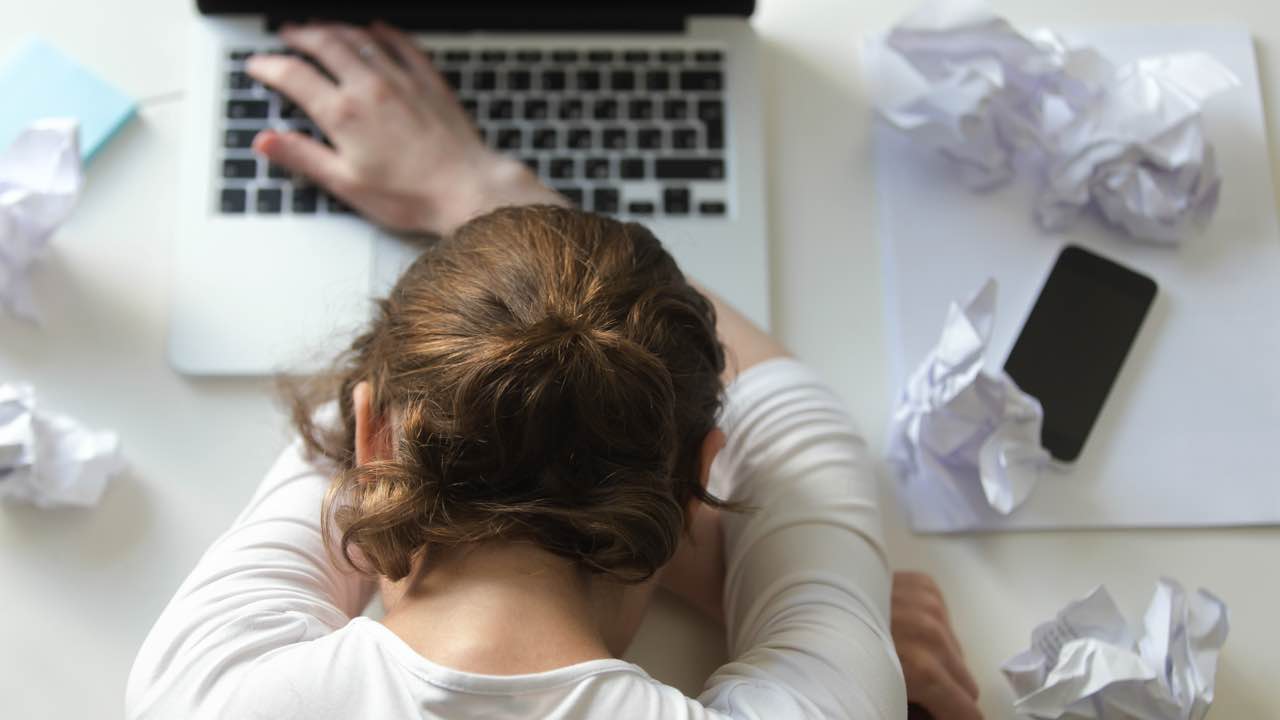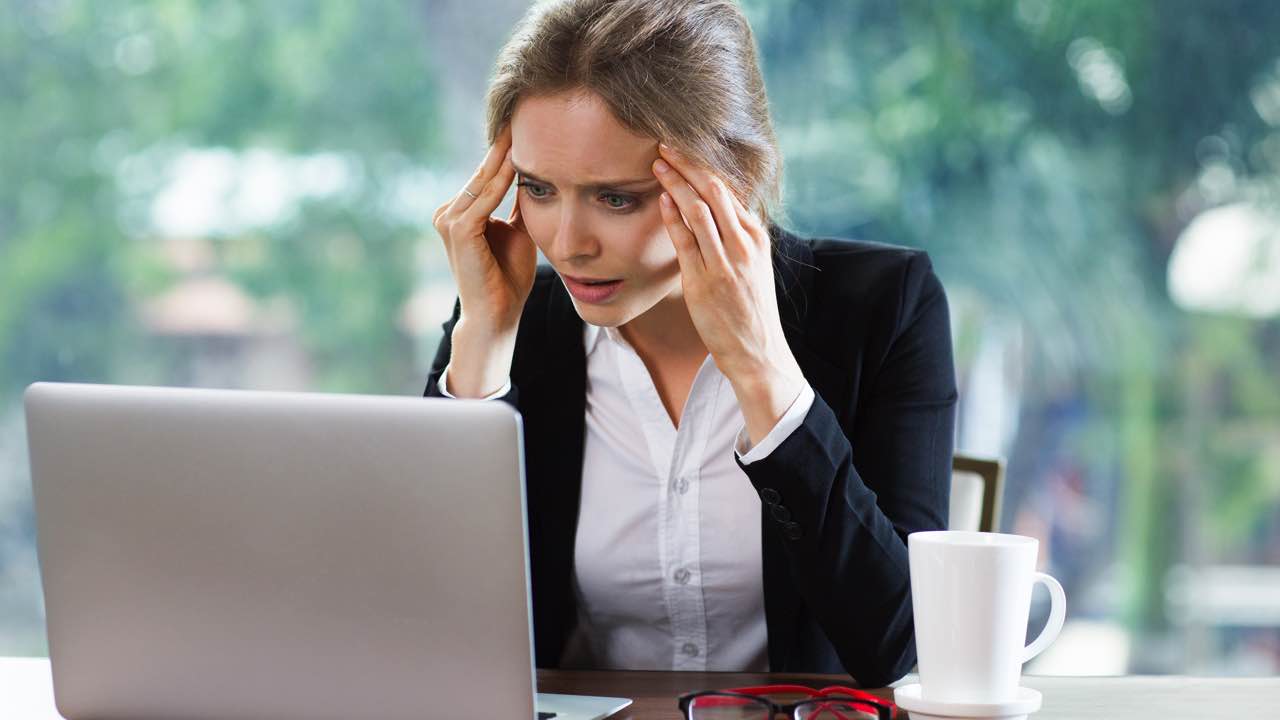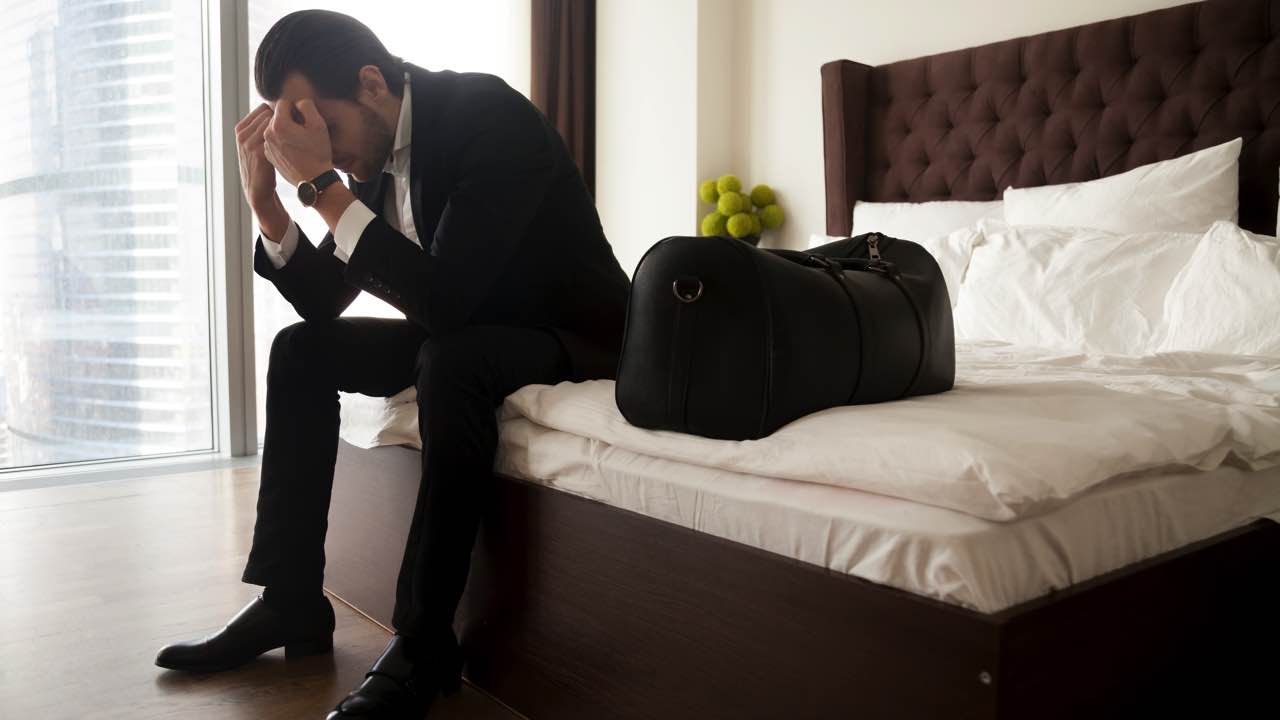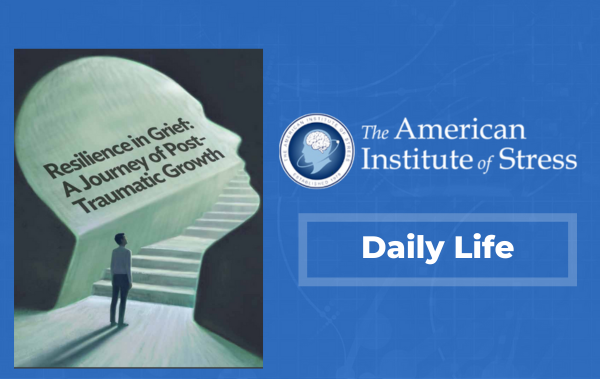Stress Is The Body’s Response To Physical Or Emotional Demands. Emotional Stress Can Play A Role In Causing Depression Or Be A Symptom Of It. A Stressful Situation Can Trigger Feelings Of Depression, And These Feelings Can Make It More Difficult To Deal With Stress.

1. Overview Of Stress

Losing a family member, divorce, and moving are all major life changes that can cause stress. Depression and other health conditions, including heart disease. When the mind feels threatened, the body produces more stress hormones — such as cortisol — to help the body fight or run away from the threat. This works well if you’re in real danger, but it doesn’t always benefit you in your daily life. And always appropriate your love one like wishes your mom and wishes sisters, but put what makes you happy in your mind always, when you’re under stress, your body produces more of a hormone called cortisol. In the short-term, this is a good thing because it helps you gear up to cope with whatever is causing the stress in your life.
Examples Of What Can Cause Stress Include:

- 1. Being Robbed, Mugged, Or Attacked
- 2. Major Natural Disasters, Such As Earthquakes, That Can Damage Your Home Or Destroy It Altogether
- 3. Losing Your Job
- 4. Getting Into A Fight With Your Spouse Or Significant Other
- 5. Getting Into A Car Accident, Which Can Cause Physical, Emotional, And Financial Stress
Certain Lifestyle Choices Can Also Contribute To Your Stress Levels. This Is Especially True If They Affect Your Overall Health Or If You Become Dependent On Unhealthy Coping Mechanisms. Lifestyle Choices That Can Increase Your Stress Include:
- 1. Heavy Or Excessive Consumption Of Alcohol
- 2. Spending Too Much Time Watching Television Or Playing Video Games
- 3. Not Getting Enough Exercise
- 4. Smoking Or Using Illegal Drugs
- 5. Working At A High-pressure Job
2. Effects Of Stress On Depression

Stress can make you feel less able to maintain positive habits or coping strategies, which are important to managing depression. This can make symptoms of depression feel more intense. Interrupting a healthy routine can result in negative coping strategies, such as drinking or withdrawing from social relationships. These actions can result in further stress, which can then make depression symptoms worse.
3. Handle On Your Household Chores
Depression can make it difficult to complete household chores, such as doing the dishes or paying bills. Depression can make you not to say thank you messages for friends, happy birthday wishes to girlfriend and boyfriend, but a pile of paperwork, the stack of dirty dishes, and floor covered in dirty clothes will only magnify your feelings of worthlessness. Take control of your daily chores. Start small and work on one project at a time. Getting up and moving can help you start to feel better in itself. But, seeing your progress in the home can be key to helping you feel better.
4. Tips On Managing Stress
Stress Management Techniques Are Useful In Coping With Depression. Stress Relief Can Also Help Prevent Depressive Symptoms From Developing. Some Helpful Stress Management Techniques Include:
- 1. Getting Enough Sleep
- 2. Eating A Healthy Diet
- 3. Finding A Relaxing Hobby, Such As Gardening Or Woodworking
- 4. Doing Breathing Exercises To Lower Your Heart Rate
5. Create A Wellness Toolbox
A wellness toolbox is a set of tools that you can use to help soothe yourself when you are feeling down. The tools you find most helpful might not work for someone else so it’s important to carefully consider what things can help you feel your best. Cuddling your pet, listening to your favorite music, taking a warm bath, or reading a good book are just a few tools you might find helpful. Create a list of the activities you might try when you’re feeling bad. Choose an activity to try when you’re having a particularly rough time.
Takeaway
Depression can make it much more difficult to control or cope with stressors, but seeking out counseling or therapy or taking medication can allow you to better confront stressors and deal with them in a positive, constructive way. You can also practice accepting or coping with the stressors that are out of your control, with actions like meditating or drinking less caffeine and alcohol.
By Hana Rosa





